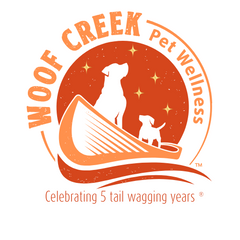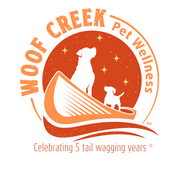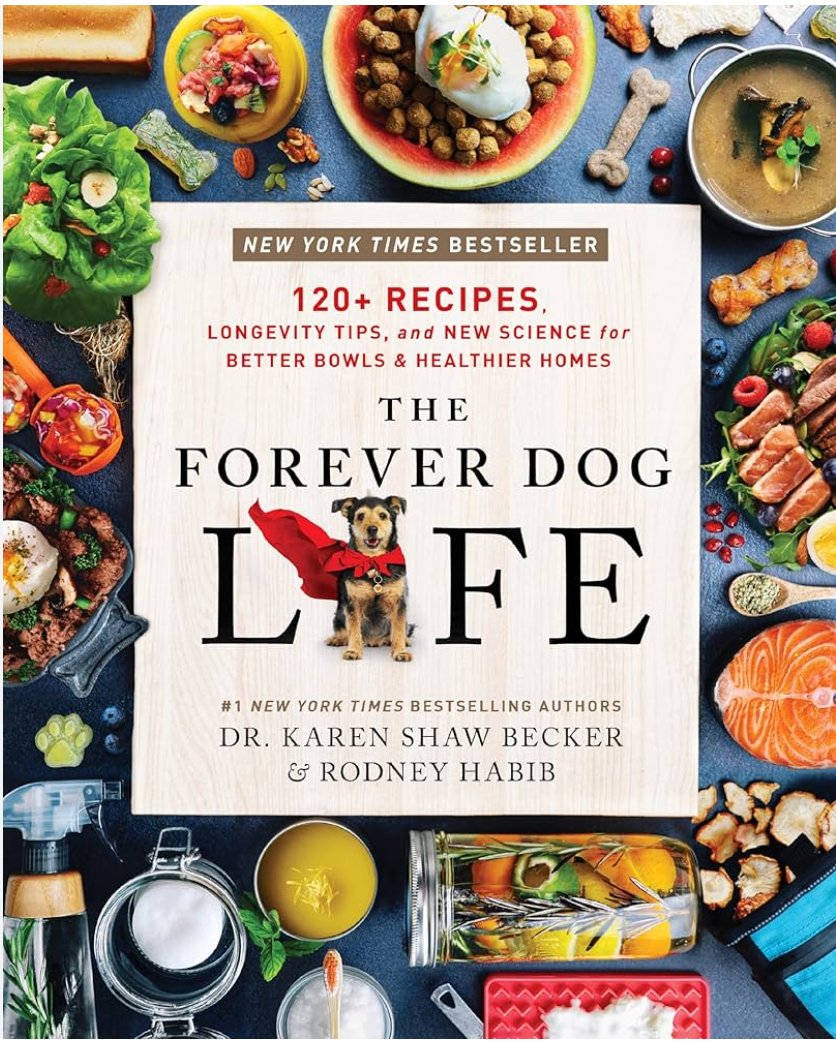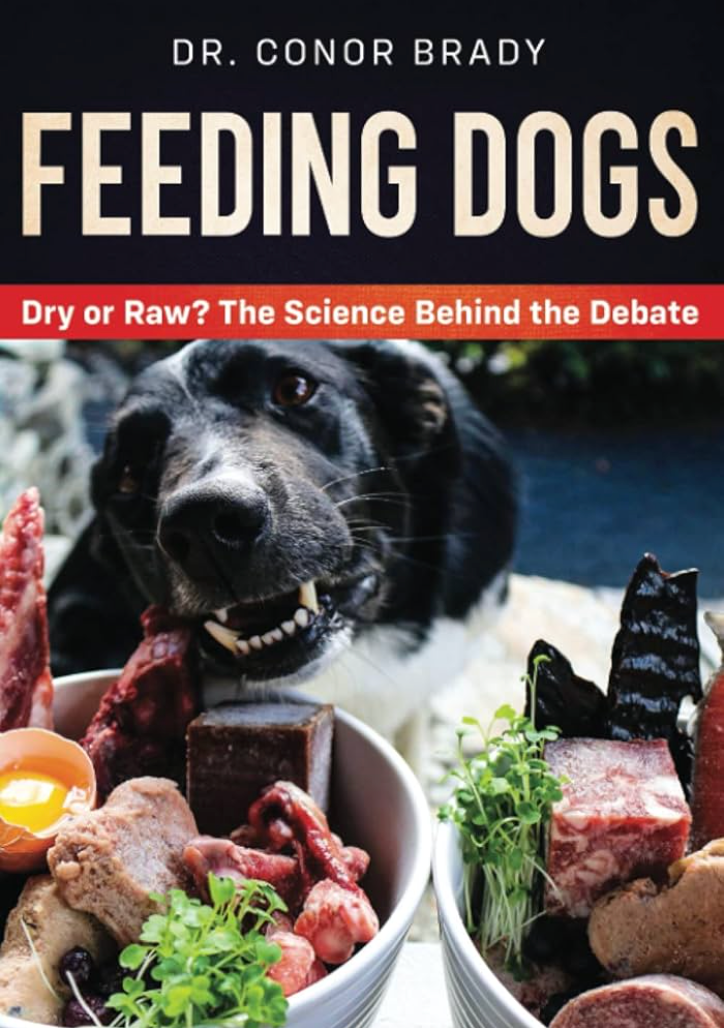Identifying and Relieving Your Pet From Allergies and AutoImmune Imbalances

At a Glance:
Do you think your dog may have allergies? You’re not alone! Allergies are extremely common among today’s dogs. Read on to learn more about identifying whether or not your dog has allergies, how to care for them, and steps you can take to provide them the real relief.
Does my dog have allergies?
Below are the most common signs that your dog may have allergies:
- Itchiness
- Red, irritated skin
- Paw biting and licking
- Rashes or hot spots
- Sneezing
- Excessive hair loss
- Darkening of skin/texture change
- Itchy or watery eyes/increased tear stains

Seasonal allergies, environmental allergies, food allergies, and atopic dermatitis are the most common types of allergies observed in our dogs.
Maybe you only notice symptoms during certain seasons, or after a long walk at the park in the grass. Your dog may have seasonal allergies or environmental allergies, respectively.
If you are facing long spans of symptoms and having great difficulty determining the root cause, you are not alone. 'Allergies' are often actually autoimmune responses from imbalances to so many triggering factors. We will dig in throughout this article to shed light on the topic, and offer tools to relieve the uncomfortable or even painful presentations of imbalance, and that will optimize dogs' complete healthspan.
Seeking relief
When looking for a solution for your pup’s allergies, there are many factors to consider, including the severity and type of reactions, your environment and their lifestyle and diet.
There are a number of topical remedies that are meant to soothe external allergy symptoms and provide dogs with topical relief. Take medicated wipes for example, or our Lick-Safe Boo Boo Balm which can be topically applied to itchy, raw, red or blistered skin to give your pet relief.
The thing about topical remedies is that, more often than not, their effects are only temporary. Wipes do wonders to remove allergens and clean skin, and creams can soothe hot spots and sores, but they’ll all need to be used consistently and regularly as their effects are not long lasting. So, how can you help provide longer term allergy support to your dog?
Look within. We can start to decrease allergy symptoms in our dogs first by identifying the triggers. Providing a solution only does so much good until you get to the cause of the problem. Your veterinarian can perform allergy testing on your dog to help identify their main allergy triggers, but other factors that are often overlooked, like diet, can be instrumental in causing your pet discomfort when it comes to allergies.
Feeding your pet whole foods and a biologically appropriate diet can do tremendous amounts of good for their overall health, thus impacting their allergies. Check out this video of Woof Creek’s Co-Founder, Lisa Monk, and Dr. Judy Morgan, a Woof Creek retailer and trusted pet wellness resource, as they discuss the role feeding whole foods plays in working through allergies.
The science behind allergies seems complex, but gaining a better understanding is vital to developing a relief plan. Planet Paws defines an allergy as “an abnormal response of the immune system” in which the body reacts to a normally harmless substance (called an allergen) leading to a variety of issue.
It also goes on to discuss that Quercetin, often called “Nature’s Benadryl”, is a wonderful and natural flavonoid with antihistamine effects that are very helpful in suppressing allergy symptoms. Apples, blueberries, broccoli and parsley are pet-safe ingredients high in quercetin. To learn more about incorporating quercetin into your pet’s diet for relief, check out this Dogs Naturally Article.
This article by Dr. Judy Morgan DVM further details the importance that addressing dietary problems plays in providing your pets allergy relief. An improper diet can lead to leaky gut, which is a condition in which a dog’s intestinal wall is damaged, by poor diet, exposure to toxins or over medication. As a result, toxins are able to pass through the intestinal wall and into the body’s overall circulation.
In-Depth Allergy Protocol
We also highly recommend the below Allergy Protocol based on the guidance of Dr. Judy Morgan DVM:
1. Run diagnostics
3. Pick a helpful additive (individually or in blends)
5. Address environmental exposure
Summary Resources
If you’re interested in exploring more ways to improve your dog’s diet for the benefit of their overall health, check out our catalog of Essential Meal Toppers, nutritious powders packed with superfoods and adaptogens designed to offer prevention + remedy support for holistic wellness. If allergies are your concern, we recommend our Immunity + Allergy Support Essential Meal Topper combined with our Gut + Digestion Essential Meal Topper for maximum immune system support. The combination of toppers is safe for any diet and contains anti-inflammatory and system-balancing superfoods, medicinal mushrooms and canine-specific healthy gut pre/pro/post-biotic cultures.
|
| Conclusion |
As pet parents, we know firsthand how frustrating dealing with allergies can be, constantly looking for answers and trying to provide our beloved fur babies with relief. By identifying our pet’s triggers and looking at the overall picture (environment, diet, and lifestyle) we are better able to understand and treat their reactions. We hope that the resources above are helpful in your quest to understand and conquer your pup’s allergies.
Tell us your thoughts, questions and experiences in the comments below; your experiences can help other pawrents!







